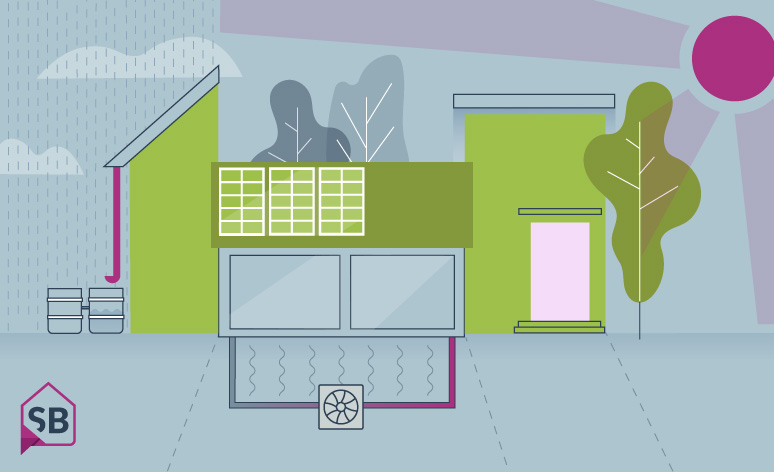
Energy Star Appliances
Let’s talk about your appliances. Everything from your fridge and dishwasher to you toaster and blender use energy – some of them, in major ways. Together, your appliances account for 20 percent of your home’s total electric bill, on average. You’ve seen the energy star sticker before, it symbolizes appliances that are built to use less energy than their conventional, non-energy efficient counterparts. But, as is the case with seemingly everything that’s better for the environment, these appliances often come at a price premium.
So, are they worth it? The amount that you’ll save depends on which appliances you are looking to replace, the frequency you use those appliances, and the incentives available for energy efficient products in your area.
The biggest guzzler in your house is your dryer. According to the Natural Resources Defense Council, a typical dryer can use as much energy per year as a new energy efficient refrigerator, washing machine, and dishwasher… combined. Think about that.
While dryers use the most energy, the energy efficient variety are only a 20% upgrade compared to new, non-energy efficient models. The biggest difference, from a percentage point of view, is actually your washer. These use 40 to 50 percent less energy and about 55 percent less water than standard washers. You’ll only save about $50 a year, depending on how often you do the wash, but the planet sure would be appreciative.
Dishwashers don’t use as much energy as something that runs all the time, but they’re worth talking about if only for one of the coolest innovations I’ve heard of in an appliance: Zeolite. This volcanic mineral that first appeared in high-end Thermador dishwashers in 2008 to dry your dishes with less energy. Now, you can find zeolite in Bosh’s 800 and Benchmark series. At approximately $1,300, these aren’t cheap dishwashers, but the little kid in you has got to be excited about harnessing a volcano to dry your dishes!
Zeolite works by extracting water from its surroundings and then releasing a significant amount of heat. The water extraction happens through a process called adsorption (not to be confused with absorption), which bonds water atoms to the surface of the zeolite and releases heat instead. So in short, no more wet dishes!
Ok, science-aside, energy efficient appliances are a worthwhile investment for the planet and overtime you’ll see your ROI. There is however, some debate about whether you should replace your old appliances just because, or if you should wait until they’ve reached the end of the line. In every scenario, it takes energy (a lot of it) to manufacture and ship a new appliance, so if your goal is to reduce your overall footprint, hold out. Run that dishwasher into the ground and then buy an energy-efficient zeolite-powered new one!
For a full-list of Energy Star Appliances, you can visit this link.

